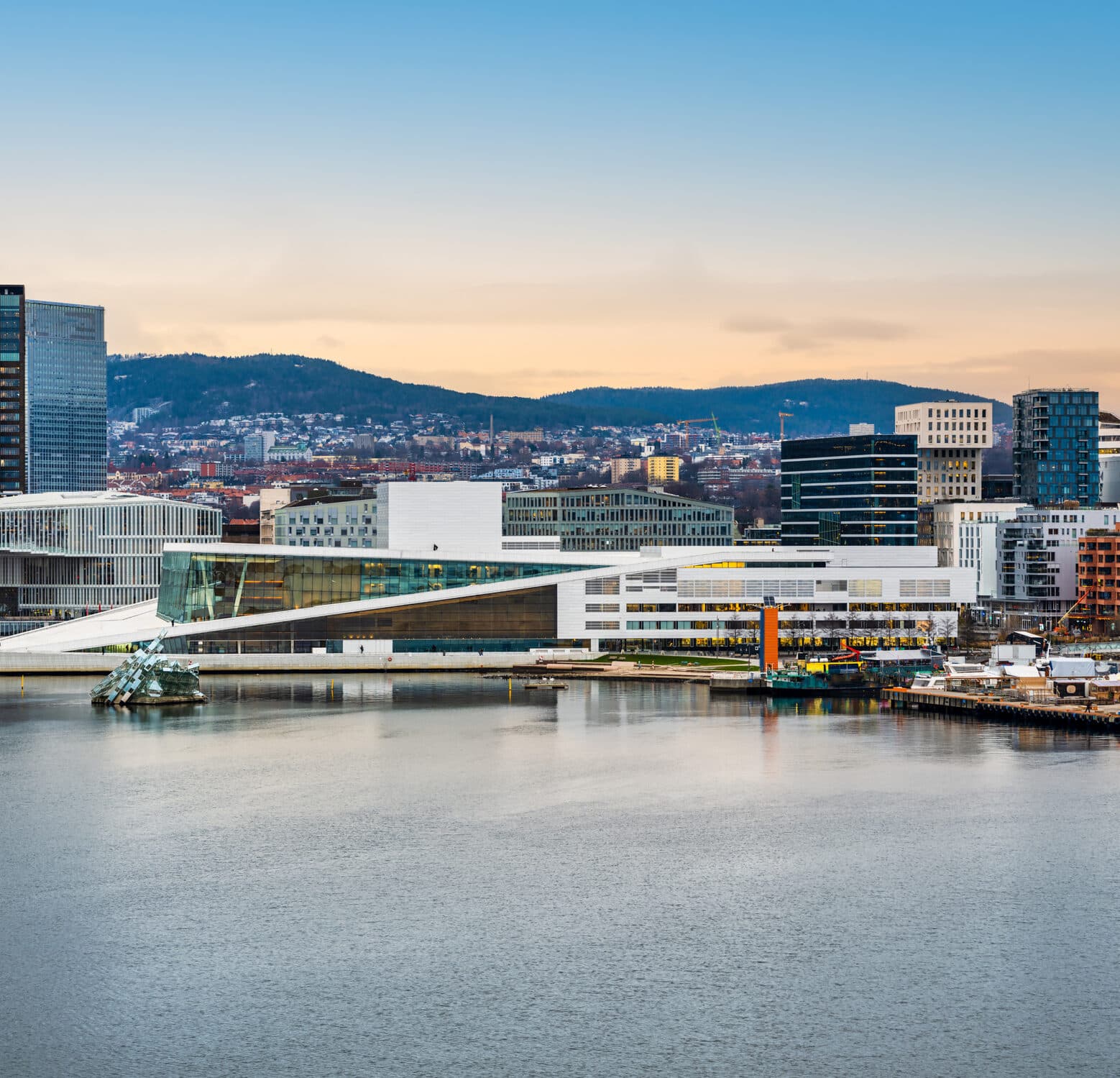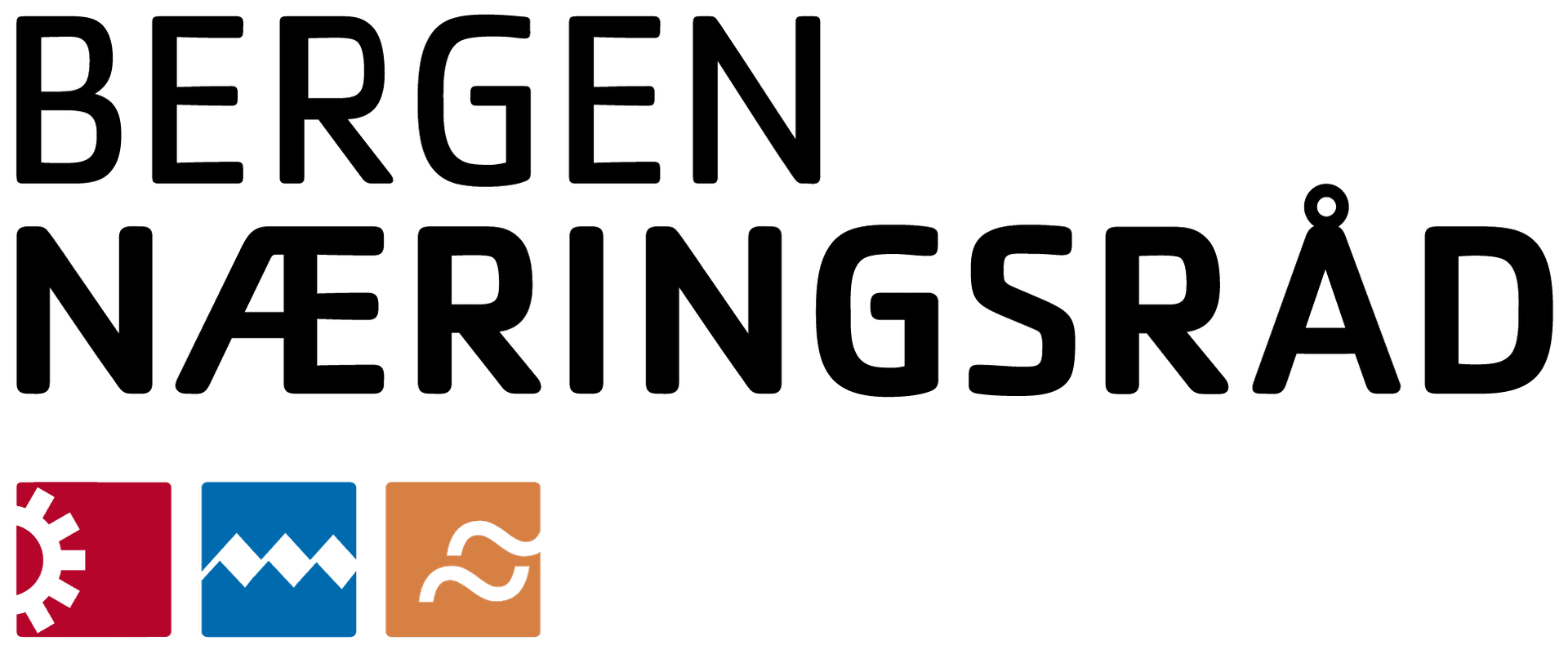Urban Development
Urban development must shift from measures that we believe will pay off in the future, to measures that we know reduce emissions now.

We have long understood the need to reduce greenhouse gas emissions from urban development, yet we have struggled to implement a gradual transition toward low-emission cities in Norway. We must therefore shift urban development from measures that we believe will yield results in the future, to measures that we know reduce emissions here and now.
To achieve this, we must improve our ability to adapt existing buildings, work in harmony with nature, and harness the potential of new technologies and innovative solutions.
Three important measures needed in urban development:
Urban development on nature’s terms will not only reduce greenhouse gas emissions, but also enhance our ability to capture and store more CO₂ from the atmosphere than we do today.
New urban development projects should not reduce natural space and lead to encroachment on nature, but rather contribute to increasing biomass and repairing ecosystems.
Integrating more nature into urban environments brings numerous co-benefits, such as enhanced biodiversity, greater resilience to climate change, and improved public health and well-being, both mental and physical.
In addition to reducing the need for space and transportation, cities have a great potential to give us more quality with less resource use than more sparsely populated areas. At the same time, we know that cities can have ecological footprints that are many times larger than their physical footprints.
Climate-friendly neighborhoods, with short-distance qualities that reduce the need for resources per person, enable more sustainable consumption - both as a result of a concentration of qualities, and by building robust communities that stimulate participation, experimentation, sharing, reusing and local production.
Smart cities can enable more comprehensive and efficient resource use by integrating digital intelligence with existing urban systems. They can also foster a sharing economy of goods and services that enhances access and convenience, while avoiding environmentally and health-damaging consumption.
How do we achieve these three climate shifts?
Read the Skift-note on Urban Development here. (April 2020, in Norwegian)
















